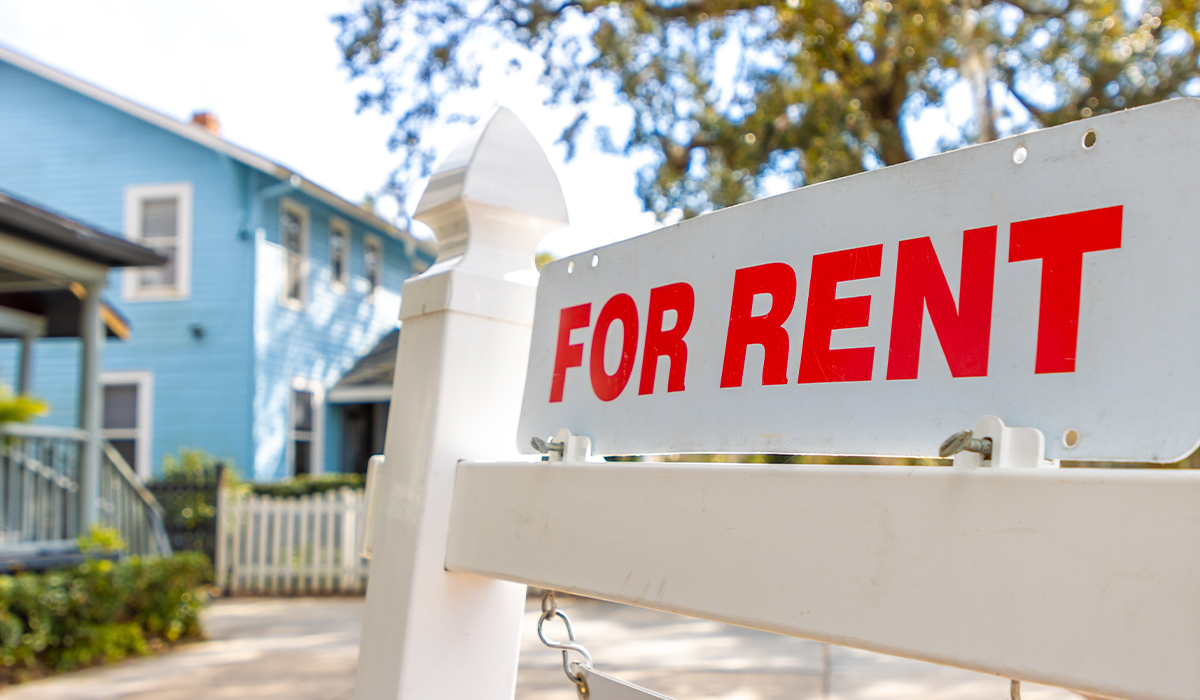
Questions about rental income and expenses? We’ll make it simple.
Do you own an apartment building, duplex, or house that you rent out? Are you considering joining the rising trend of homeowners who rent out their second home, vacation home, or other properties they own? Every year, we receive questions from rental property owners who are at a loss for how to know what is considered rental income, what is and isn’t deductible, and more. The rules surrounding these topics can be convoluted, so we’ve worked to simplify the answers for you.
Here are the most common questions we receive from rental property owners…
1. What’s considered rental income?
Rental income includes any money you receive for the use or occupation of your property. This extends to:
- Rent
- Advance rent
- Security deposits
- Late fees
- Pet fees
- Services provided in lieu of paying rent (Ex: painting a house in exchange for one month’s rent)
- Any money you receive for expenses such as utilities, property taxes, insurance, and repairs
2. What expenses are considered deductible rental expenses/ rental income?
You can write off anything that is considered “ordinary” or “necessary” to manage and maintain your rental property. This includes:
- Utility bills
- Maintenance
- Landscaping
- Property taxes
- Depreciation
- Insurance
- Advertising
- Taxes
3. What other deductions can owners of rental properties take?
As for other deductions rental property owners can take, these include:
- Cellphone fees, internet, mileage, and other personal expenses to maintain the property
- Cost of court fees related to evicting someone
- Hiring a moving company upon evicting someone
4. What can rental property owners not deduct?
Immediate Cost of Improvements
While you can deduct the cost of materials, repairs, and supplies to maintain the property in good operating condition, you cannot immediately deduct the cost of improvements. You are required to depreciate the cost over the life of the asset. Rental property owners are often caught off guard when they make improvements and expect a large one-time deduction off their income. In reality, most improvements will be depreciated over 27.5 years.
Note: An improvement is any construction, addition to, or replacement of a property for new or different use. This can include:
- The adding or renovating of rooms
- Major renovations such as a kitchen or bathroom upgrade
- Building upgrades such as new flooring, cabinets, etc.
- Installation of new doors, siding, windows, etc.
Time
Another thing you cannot expense is time. For example, if you think your time for maintaining your property is worth a certain amount and want to charge an hourly rate, you cannot do so. You can only deduct actual expenses paid.
Principal Payments on Mortgage
Your entire mortgage payment is not a deductible expense; only the interest portion of your mortgage is deductible.
5. If I rent out the home I currently live in, is it taxable income to me?
We get this question quite often from business owners searching for strategies to minimize their tax. If you rent out your personal home (not a secondary or vacation home) for up to 14 days in a year, it is not taxable income to you. This is a great way for business owners to take advantage of a deduction when they rent out the home of an owner for say, a company meeting. The business can pay the owner rent, and it is deductible for the business as rent expense. Even better, doing so provides tax-free income to the owner.
Please note that anything past 14 days to 365 days is taxable. To learn more about this tax strategy, known as the Augusta Rule, read this Forbes article. (Click here to learn more.)
Determining the ins and outs of reporting rental income and expenses can feel like a headache, but it’s a necessary one. We’re here to make the process smooth and easy by walking you through what is considered rental income, what expenses are deductible, and most importantly, how to make sure you’re keeping accurate records of each come tax time.
For more information on how to report rental income and expenses, contact us today. (Click here to contact us.) Or click here to learn more about our Business Services.
Blog by Kim Storen, EA – Senior Tax Accountant
Learn more about Kim and the rest of the Storen Financial team here.
The information herein is general in nature and should not be considered legal or tax advice. Consult an attorney or tax professional regarding your specific situation.

